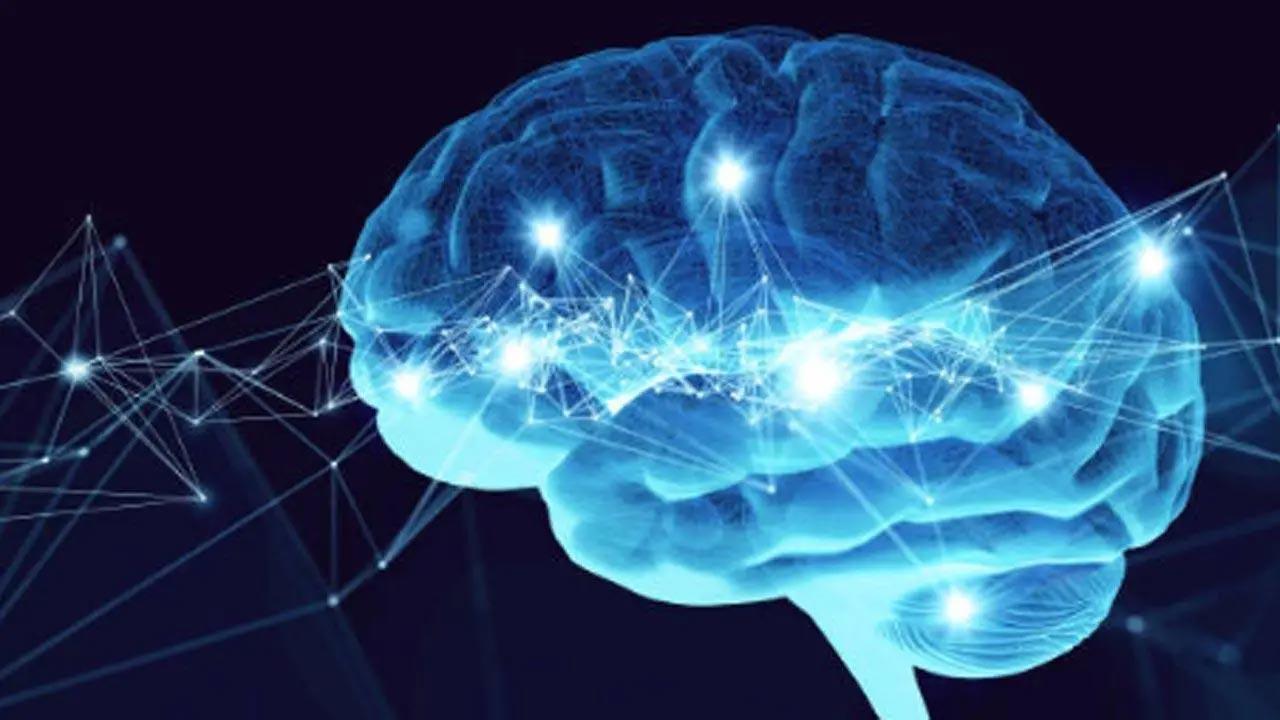Home / Lifestyle / Health & Fitness / Article /
Study: Music can prevent cognitive decline
Updated On: 19 April, 2023 07:27 PM IST | Washington | ANI
The researchers followed over 100 retired people who had never played music before to achieve these results. For six months, they were enrolled in piano and music awareness classes. These findings open up new avenues for promoting healthy ageing

Representational images. Pic/iStock
Progressive cognitive decline is associated with normal ageing. Can we, however, train our brain to postpone this process? A team of researchers from the University of Geneva (UNIGE), HES-SO Geneva, and EPFL discovered that practising and listening to music can slow cognitive decline in healthy seniors by increasing grey matter production. The researchers followed over 100 retired people who had never played music before to achieve these results. For six months, they were enrolled in piano and music awareness classes. These findings open up new avenues for promoting healthy ageing.
They were published in NeuroImage: Reports.




